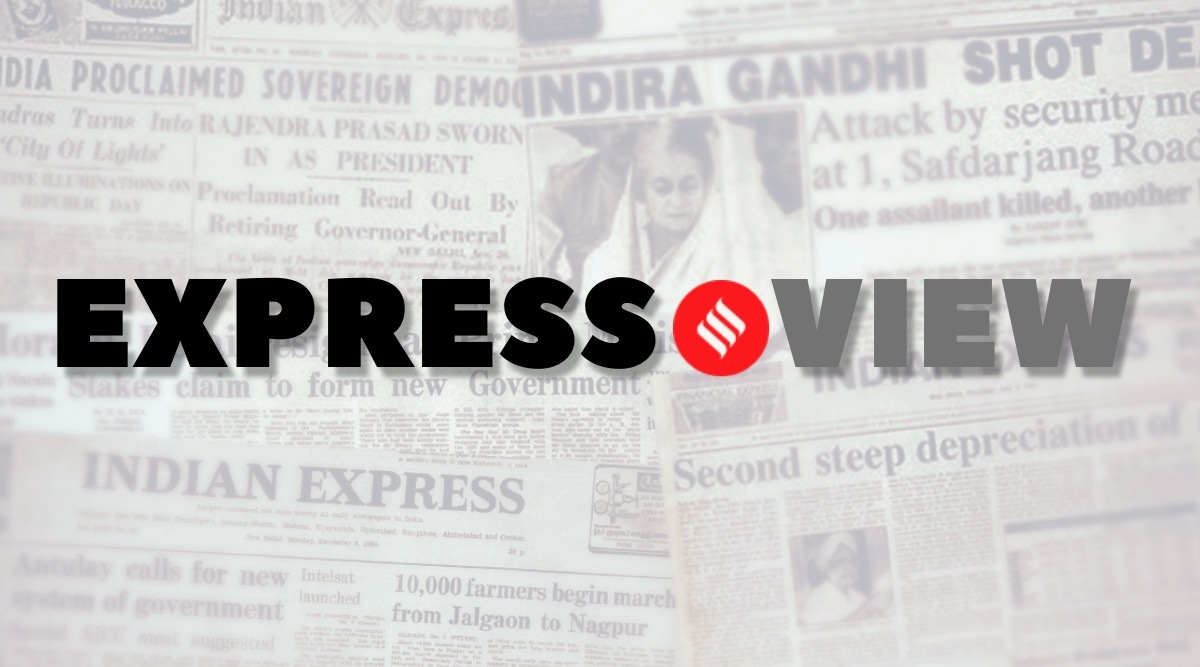 Over the years, political heavyweights like NKP Salve, Madhavrao Scindia and Sharad Pawar had made the BCCI their second office. Historically, cricket administration has been a convenient vehicle to remain visible, connect with the masses and oblige VVIPs with corporate passes.
Over the years, political heavyweights like NKP Salve, Madhavrao Scindia and Sharad Pawar had made the BCCI their second office. Historically, cricket administration has been a convenient vehicle to remain visible, connect with the masses and oblige VVIPs with corporate passes. Indian cricket will continue to have a player of repute as its president, as the quietest member of Kapil Dev’s 1983 Dream Team, Roger Binny, is all set to replace the Dada of aggressive cricket, Sourav Ganguly. But does it also mean that the voice of cricketers gets feeble in the new power panel that is expected to have the son of the Union home minister, Jay Shah, and BJP MLA and the party’s Mumbai chief, Ashish Shelar? The fact is, however, that Ganguly did not quite put his stature to good use during his BCCI stint, and that his was an underwhelming tenure, riddled with allegations of conflict of interest.
Over the years, political heavyweights like NKP Salve, Madhavrao Scindia and Sharad Pawar had made the BCCI their second office. Historically, cricket administration has been a convenient vehicle to remain visible, connect with the masses and oblige VVIPs with corporate passes. Of course, BCCIs have also had a parallel power centre. There was always some influential businessman or lawyer — Jagmohan Dalmiya, N Srinivasan, Shashank Manohar — with the heft to take on the political establishment. The BCCI election days, unlike now, would see an intense contest. The Justice RM Lodha reforms would stress on having players’ representatives and post the Supreme Court intervention, Ganguly would make it as BCCI president. To the disappointment of the judges, cricket, even off the field, remained a game of uncertainty. It didn’t unfold as expected. Players didn’t seize the moment or take control.
After the SC amended its earlier order and allowed MPs and MLAs to be cricket administrators, politicians consolidated their position in the BCCI. And the players lost again. Unlike in other countries, Indian cricketers aren’t organised. There is an official players’ body but it remains toothless, and dependent on BCCI largesse. For Binny, it will be a tough task to make himself heard over the political noise and ensure that players’ representation in the BCCI isn’t mere tokenism.